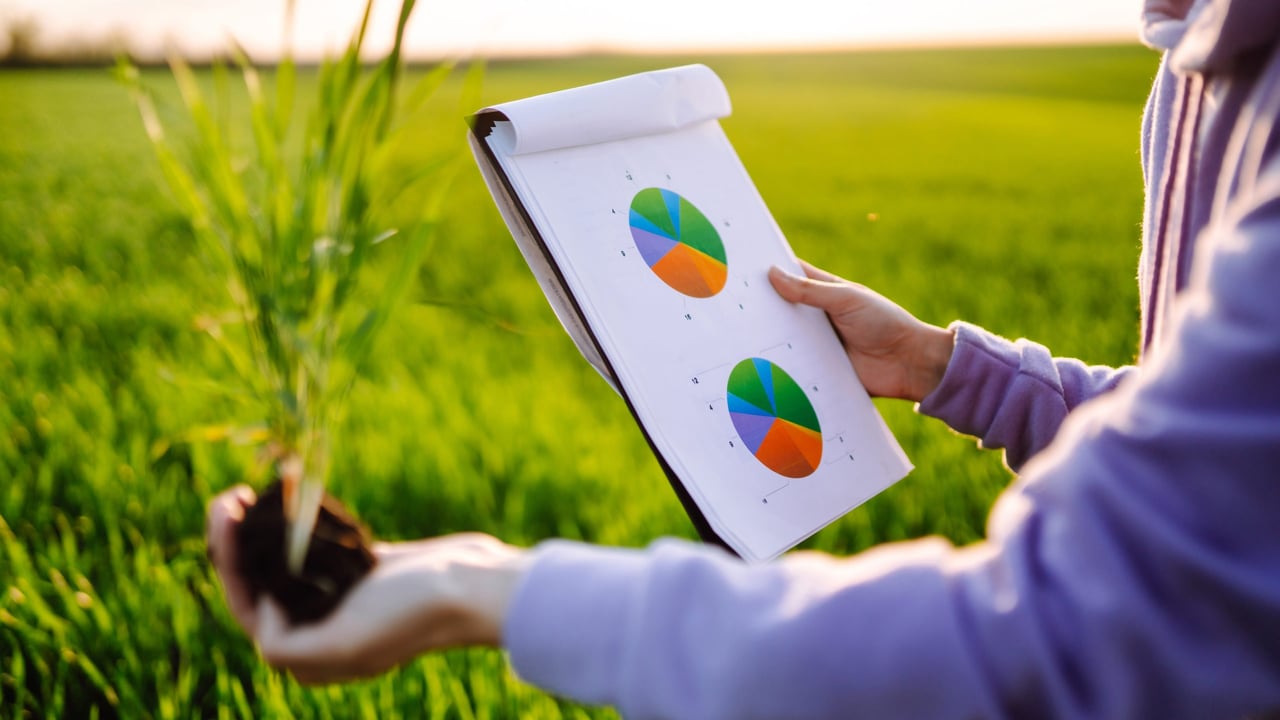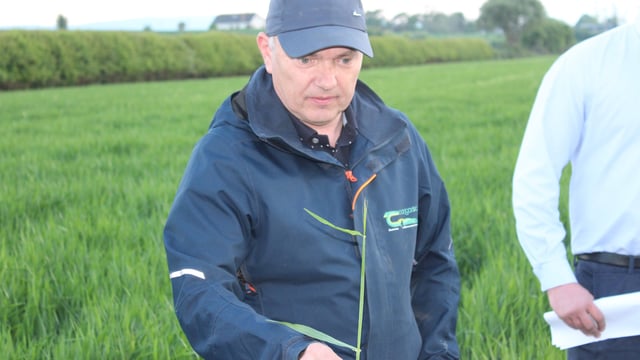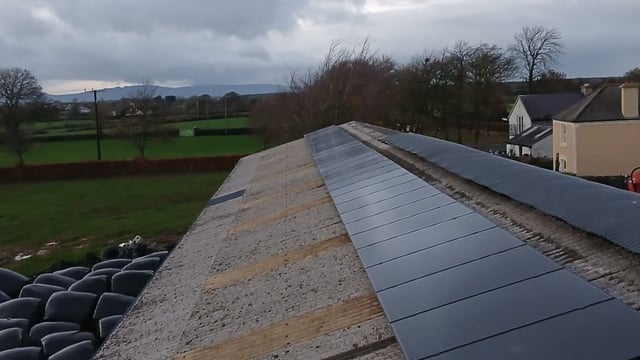Stakeholders meet to discuss bioeconomy at local level
Representatives from local county councils, regional assemblies, and national government departments met today, Friday, May 2, to discuss regional bioeconomy development in Ireland.
According to Teagasc, the bioeconomy plays a vital role in meeting Ireland’s climate targets, supporting biodiversity, and creating sustainable jobs across regions.
Progress has been made through initiatives like the National Bioeconomy Action Plan 2023-2025 and the updated National Planning Framework, Teagasc said.
However, it added that ensuring these national strategies are effectively embedded into local and regional planning remains a priority.
The bioeconomy means using renewable biological resources from land and sea, like crops, forests, fish, animals and microorganisms to produce food, materials and energy.
Bioeconomy
To address this, the Irish teams on two EU-level projects - ShapingBio and ROBIN - collaborated to deliver an online capacity-building webinar for local and regional authorities.
Hosted by Teagasc, the Southern Regional Assembly and Munster Technological University (MTU), the event combined insights from both projects, a panel discussion with policymakers, and networking opportunities to foster cross-sectoral collaboration.
Prof. Maeve Henchion of Teagasc and ShapingBio highlighted the importance of policy coordination: “Effective bioeconomy development depends on strong, ongoing alignment between national, regional and local policies.
"Insights from our research with policymakers and practitioners across Europe, through the ShapingBio project, along with practical tools developed and tested in the ROBIN project, are helping to support this.”
ShapingBio is an EU-horizon 2020 project that aims to support and accelerate bioeconomy innovation and the deployment of new knowledge in the EU and its member states.
ROBIN is an EU-Horizon 2020 project that aims to empower Europe’s regions to adapt their governance models and structures in ways that accelerate the achievement of their circular bioeconomy targets while promoting social innovation and accounting for different regional contexts.
Dr. Noha Mahmoud of ShapingBio and Teagasc added: “The webinar tackled the critical challenge of turning national strategies into action.
"By building knowledge and facilitating exchange across government levels, we can drive meaningful progress.”
Key takeaways
- The bioeconomy’s potential to address climate action, circular economy goals, and sustainable development;
- The ongoing need for improved coordination between sectors and across EU, national, and regional governance levels;
- Opportunities to expand channels for inter-regional collaboration and learning, both in Ireland and across Europe;
- Knowledge sharing nationally, regionally, and locally is vital to scale bioeconomy initiatives.
Colm Walsh of the Southern Regional Assembly and ROBIN noted: “Translating national strategies into local action is vital. This webinar was a valuable contribution to enhancing synergies between all levels of government.
"Initiatives like the ROBIN project provide practical tools and the building blocks to empower regional and local authorities to accelerate the achievement of their circular bioeconomy targets.”
Dragica Grozdanic of MTU and ROBIN added: “The session shared ShapingBio’s policy-related insights and ROBIN’s practical tools, alongside a dynamic panel discussion. It created valuable space for networking and idea-sharing among policymakers.”
Teagasc has said that the webinar marked a step towards strengthening cross-county collaboration and advancing unified approaches to bioeconomy development, highlighting the importance of local-regional-national alignment in achieving Ireland’s sustainability ambitions.





